Levetosee: The Throat Chakra of Africa in Music
Music has always been a powerful medium for communication, storytelling, and self-expression. In Africa, sound is more than just entertainment—it is an ancestral tool for connection, healing, and truth. One artist who embodies this sacred responsibility is Levetosee. Through his Afrobeats-infused sound, he channels the energy of Africa’s Throat Chakra, using his voice and rhythm to inspire, heal, and uplift.
The Throat Chakra (Vishuddha) represents self-expression, truth, and the ability to communicate with authenticity. When this energy center is balanced, one speaks with clarity, conviction, and purpose. In many ways, Levetosee’s music is a sonic representation of this chakra, serving as a bridge between traditional African storytelling and modern global soundscapes.
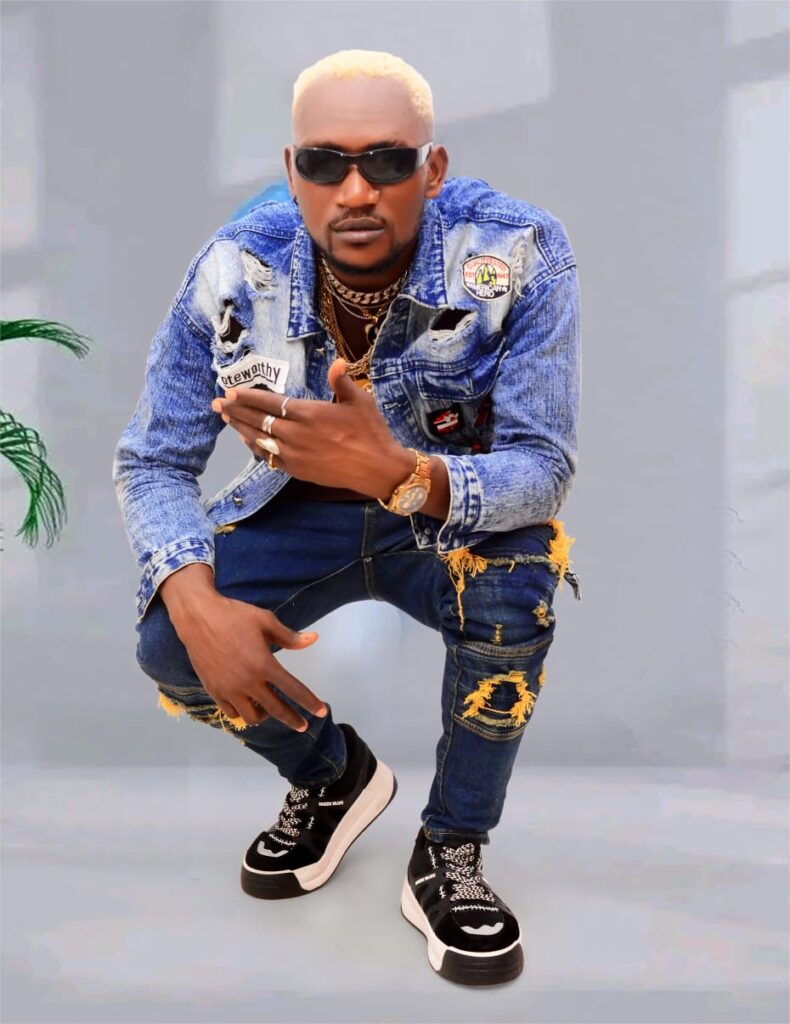
Unapologetic Storytelling: Speaking Truth to Power
Levetosee’s lyrics are more than just words; they are expressions of deep truths—both personal and collective. Whether he is singing about faith, perseverance, love, or the struggles of everyday life, his storytelling reflects the realities of African communities. His song Story, for example, encapsulates resilience, blending spiritual strength with life’s challenges, much like the Throat Chakra, which urges individuals to speak and live their truth.
His music does not shy away from social commentary—it amplifies the experiences of the people, making his voice a vessel for those who may not have the platform to speak.
Traditional Rhythms as a Voice of the Ancestors
African drums have always been a language of their own, used to communicate messages across villages, invoke spiritual connections, and tell sacred stories. Levetosee’s integration of talking drums, congas, and bongos is a direct link to this tradition. These percussive elements embody the unspoken expressions of the soul, reinforcing the idea that music is not just heard—it is felt.
Just as the Throat Chakra governs sound and vibration, Levetosee’s music carries the ancestral echoes of past generations, merging them with modern sonic elements to create a living, breathing conversation between past, present, and future.
A Sonic Blueprint for Self-Expression
Afrobeats is an art form that encourages freedom of movement and sound. Through melodic cadences, chant-like hooks, and call-and-response structures, Levetosee empowers listeners to find their own voices—whether through dance, music, or storytelling.
His sound is not confined by rigid genre structures; instead, it embodies fluidity and creativity, much like a well-balanced Throat Chakra. His music inspires others to embrace their own truths and express themselves without fear.
Elevating African Identity on a Global Scale
Levetosee’s music is deeply African yet universally resonant. By blending Afrobeats with Hip-Hop, R&B, and electronic influences, he creates a sound that is both rooted in tradition and accessible to a worldwide audience. In doing so, he amplifies Africa’s global voice, ensuring that its stories, struggles, and triumphs are heard far beyond its borders.
His music is a declaration that Africa’s voice will not be silenced, and in this way, he embodies the Throat Chakra’s essence of fearless communication and cultural preservation.
Healing Through Frequency: The 741 Hz Connection
The Throat Chakra is often associated with the frequency of 741 Hz, which is believed to encourage clear, truthful communication and self-expression. Whether consciously or intuitively, Levetosee’s music resonates with healing vibrations that help listeners speak their truths, release emotional blockages, and embrace self-confidence.
His music becomes a form of energetic alignment, where rhythm and melody work in harmony to activate deeper levels of self-awareness and vocal expression in those who listen.
Conclusion: The Voice of a New Era
Levetosee is not just a musician; he is a sonic healer, a storyteller, and a cultural bridge between past and future. Through his lyrics, rhythms, and melodies, he channels the power of Africa’s Throat Chakra, helping the continent—and its people—express their truths, elevate their voices, and share their stories with the world.
In a time where authenticity is more important than ever, artists like Levetosee remind us that music is more than entertainment—it is a sacred act of expression and liberation. As long as he continues to create, Africa’s voice will never be silenced.
Turn Your Passion into an Online Business
Just like Levetosee uses his voice to make an impact, you too can share your unique gifts with the world. Whether you’re passionate about music, storytelling, or healing, building an online presence can help you turn your creativity into a thriving business.
With Wealthy Affiliate, you’ll gain access to expert training, website-building tools, and a supportive community that will guide you step by step in growing your online brand. Whether you want to start a blog, launch a digital course, or create an e-commerce store, Wealthy Affiliate provides the blueprint to make it happen.
🚀 Start your journey today and turn your passion into purpose! Join Wealthy Affiliate Now and build a business that reflects your voice, vision, and mission. 🌍✨

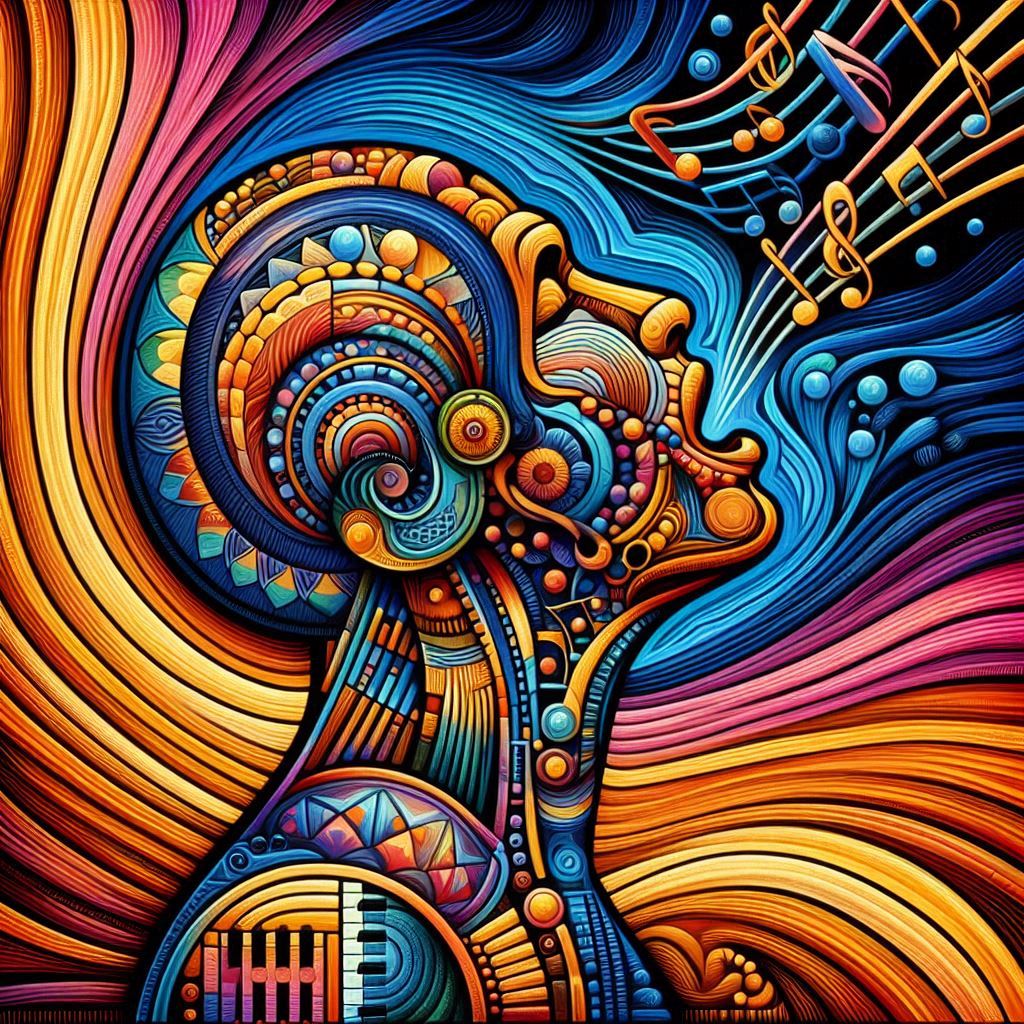
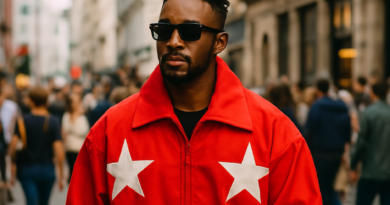
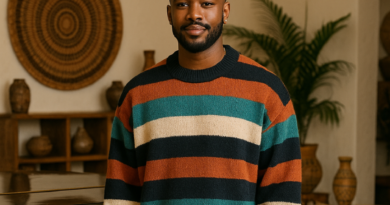
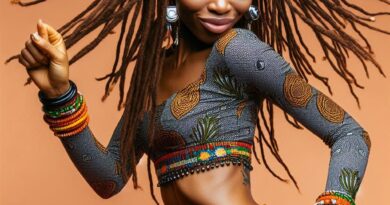
Levetosee’s music beautifully intertwines tradition and modernity, embodying the Throat Chakra’s essence of truth and expression. His use of storytelling and rhythm as tools for healing and empowerment is inspiring. How do you see the role of music in shaping cultural identity and giving voice to underrepresented communities? Are there other artists who you feel carry this same kind of ancestral and spiritual energy in their sound?
Thank you for sharing such a thoughtful perspective on Levetosee’s music! His ability to merge tradition with modernity truly reflects the essence of the Throat Chakra—expressing truth through rhythm and storytelling. Music has always been a powerful force in shaping cultural identity, especially in communities where oral traditions, ancestral wisdom, and spirituality are deeply woven into daily life. Afrobeats itself is a testament to this, carrying the voices of history, resilience, and celebration forward.
Beyond Levetosee, artists like Fela Kuti, Erykah Badu, and Burna Boy embody that same ancestral and spiritual energy, using their music to empower, heal, and challenge narratives. Many emerging artists are also tapping into frequency healing and indigenous sounds to reconnect listeners with their roots. Who are some artists that resonate with you in this way?
This was such an insightful read! I love how the article dives deep into the soulful roots and cultural influences that shape Afrobeats. It’s amazing how the genre blends traditional African rhythms with modern sounds, creating music that’s not only vibrant and energetic but also rich with history and meaning. Afrobeats truly has a unique way of connecting people across the globe, whether through its infectious beats or powerful storytelling. It’s great to see more conversations highlighting the essence and depth of the genre beyond just the mainstream hits. Can’t wait to see how Afrobeats continues to evolve and influence other musical styles!
I’m glad you connected with the article and the deeper cultural influences that shape Afrobeats. The genre truly is a powerful fusion of tradition and innovation, carrying the heartbeat of African rhythms while constantly evolving with modern sounds. It’s amazing to see how it resonates with people worldwide, creating a bridge between cultures through its energy and storytelling. The future of Afrobeats is so exciting, and I can’t wait to see how it continues to expand and inspire!
I love how you highlighted the role of rhythm and storytelling in Afrobeats. The genre’s ability to blend traditional African sounds with modern influences makes it so dynamic. In your opinion, what are some key elements that distinguish Afrobeats from Afrobeat (without the ‘s’)? While both genres share African roots, Afrobeat, pioneered by Fela Kuti, has a strong socio-political message and a jazz-infused, live instrumentation style, whereas Afrobeats leans more towards digital production and global pop influences. How do you think their cultural impacts differ, especially in terms of their influence on contemporary African and global music scenes?
You’re absolutely right – the fusion of traditional African sounds with modern influences is what makes Afrobeats such a dynamic and exciting genre.
To answer your question, while both Afrobeats and Afrobeat share African roots, there are some notable differences in their sound, structure, and cultural impact. As you mentioned, Afrobeat, pioneered by Fela Kuti, is deeply rooted in jazz and funk, with its socio-political messages shining through the live instrumentation and lengthy improvisational jams. It’s a genre that is not just about music, but about storytelling and activism, conveying important political messages with every note.
Afrobeats, on the other hand, leans more toward digital production, blending elements of pop, hip-hop, and electronic music. It’s a more commercially-driven genre, with catchy beats and hooks that are designed to appeal to a global audience. This has made Afrobeats incredibly influential in the contemporary global music scene, especially in pop and dance circles.
In terms of cultural impact, Afrobeat has been instrumental in pushing African music into the global political conversation, inspiring generations to think critically about power, identity, and freedom. Afrobeats, meanwhile, has brought African sounds to the forefront of mainstream global pop culture, highlighting the vibrancy of modern African music and creating connections across continents. While Afrobeat paved the way for activism through music, Afrobeats is playing a key role in uniting the world through rhythm and dance, bridging cultural gaps.
Both genres are powerful in their own right, but in different ways, contributing to the rich tapestry of African music’s global influence.